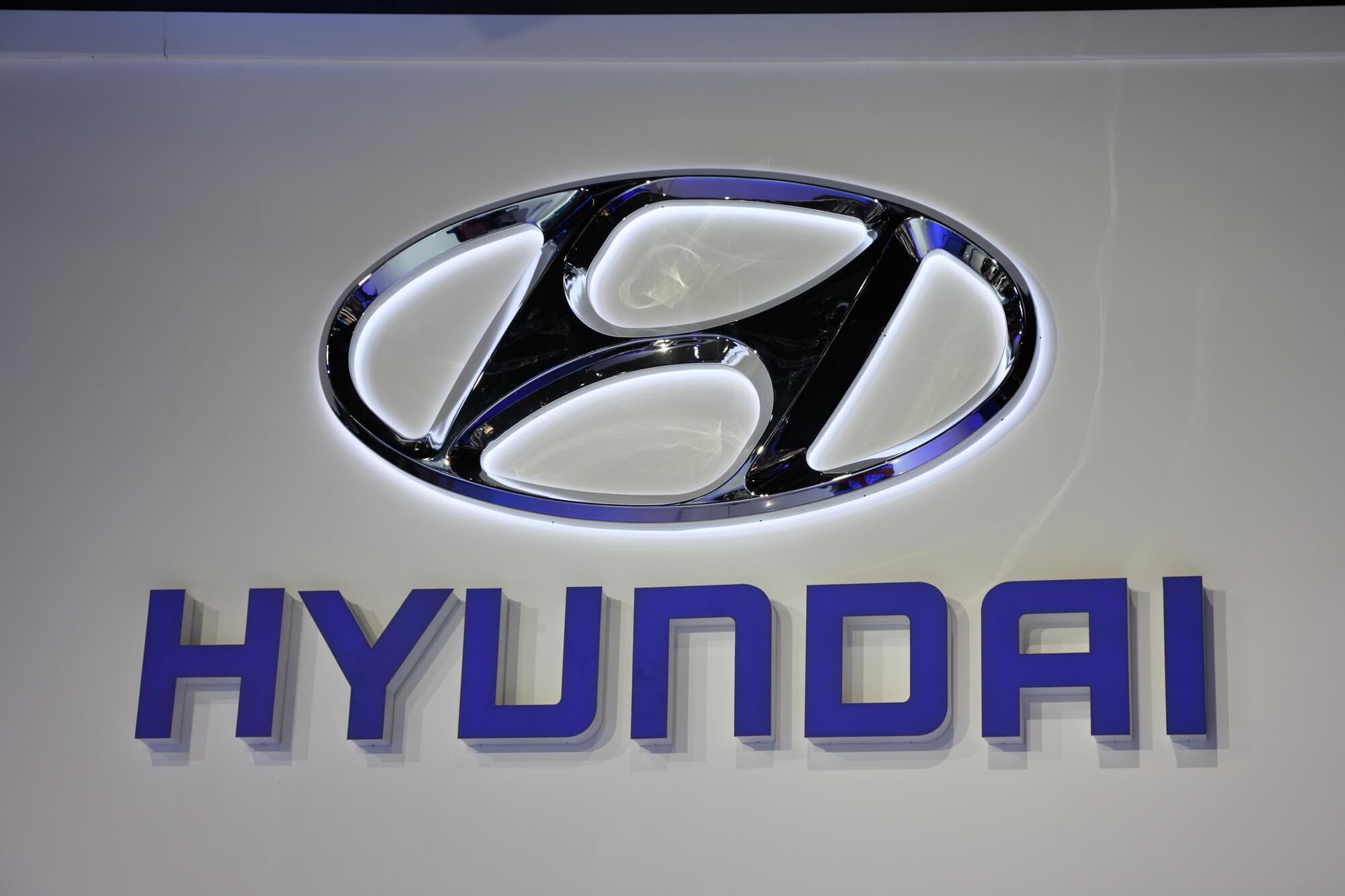Hyundai, a prominent automotive company known for its wide range of vehicles, has a rich and fascinating history that spans over several decades. From its humble beginnings in South Korea to becoming one of the world's largest automobile manufacturers, Hyundai's journey is a testament to the power of perseverance and innovation.
The company's roots can be traced back to 1947 when Chung Ju-Yung founded a construction firm called Hyundai Engineering and Construction Co., Ltd. in Seoul, South Korea. Chung's entrepreneurial spirit and determination laid the foundation for what would later become the Hyundai Group, a diversified conglomerate with interests in various industries, including construction, shipbuilding, and automobile manufacturing.
In 1967, Hyundai took its first steps into the automotive industry by partnering with Ford Motor Company to assemble the Ford Cortina in South Korea. This marked the beginning of Hyundai's foray into the automobile sector, and it soon became clear that the company had ambitious plans for growth.
In 1975, Hyundai unveiled its first-ever independently developed car, the Hyundai Pony. This compact sedan was designed in-house and showcased Hyundai's commitment to becoming a serious player in the automotive market. The Pony received positive reviews and quickly gained popularity in the domestic market, setting the stage for Hyundai's international expansion.
Despite initial success, Hyundai faced significant challenges in the 1980s, including quality issues and financial difficulties. However, the company's leadership remained undeterred and made significant investments in research, development, and quality improvement.
In the late 1980s and early 1990s, Hyundai began exporting its vehicles to various countries, including the United States and Europe. The Hyundai Excel, introduced in the U.S. market in 1986, became a best-seller and helped the company gain a foothold in the highly competitive American automotive market. However, Hyundai faced criticism for the quality of its vehicles during this period, which led to a focus on improving reliability and customer satisfaction.
The 1990s marked a turning point for Hyundai as the company started to shed its image of producing low-quality vehicles. Hyundai invested heavily in research and development, hired top talent from around the world, and implemented stringent quality control measures. These efforts paid off, and by the late 1990s, Hyundai had gained a reputation for building reliable, well-designed, and affordable cars.
In the new millennium, Hyundai continued its upward trajectory and expanded its lineup to include a wide variety of vehicles, from compact cars to SUVs and luxury sedans. The company's "Fluidic Sculpture" design philosophy, introduced in the early 2010s, brought a fresh and modern look to Hyundai's vehicles, further enhancing their appeal to consumers.
One of Hyundai's most significant milestones came in 2009 when it launched the Hyundai Genesis, a luxury sedan that aimed to compete with premium brands. The Genesis received critical acclaim for its design, performance, and value, and it showcased Hyundai's ability to produce world-class luxury vehicles.
Hyundai has also been at the forefront of eco-friendly vehicle technology. In 2011, the company launched the Hyundai Sonata Hybrid, a fuel-efficient sedan that combined a gasoline engine with an electric motor. Since then, Hyundai has continued to invest in electric and hybrid vehicles, with models like the Hyundai Ioniq and Hyundai Kona Electric gaining popularity for their eco-friendly features.
Beyond passenger vehicles, Hyundai has made significant strides in commercial vehicles and advanced mobility solutions. The Hyundai Motor Group, which includes Hyundai and its sister company Kia, has been actively exploring autonomous driving technology and alternative propulsion systems to shape the future of transportation.
In recent years, Hyundai's commitment to innovation has been reflected in its investments in electric and hydrogen fuel cell vehicles. The company aims to launch a wide range of electric vehicles under its dedicated sub-brand, Ioniq, to meet the evolving needs of the market and contribute to a more sustainable future.
Today, Hyundai is a global automotive powerhouse, with manufacturing plants in various countries and a strong presence in major automotive markets worldwide. The company continues to push the boundaries of design, technology, and sustainability, ensuring that it remains at the forefront of the automotive industry.
In conclusion, Hyundai's history is a testament to its unwavering commitment to innovation, quality, and customer satisfaction. From its humble beginnings to becoming a global automotive giant, Hyundai's journey has been marked by resilience, determination, and a relentless pursuit of excellence. With its diverse range of vehicles and ongoing investments in future mobility solutions, Hyundai is poised to shape the future of transportation and continue to delight customers around the world.

Комментарии
Отправить комментарий